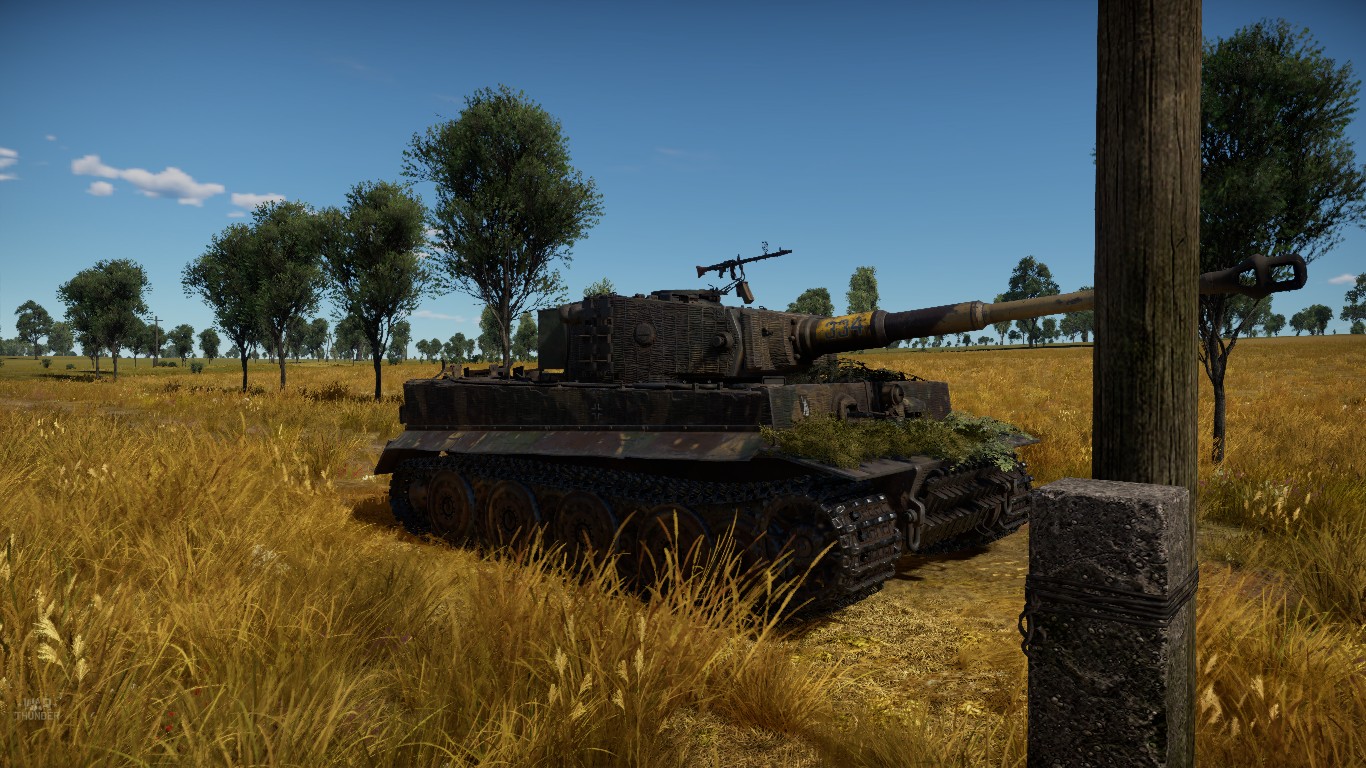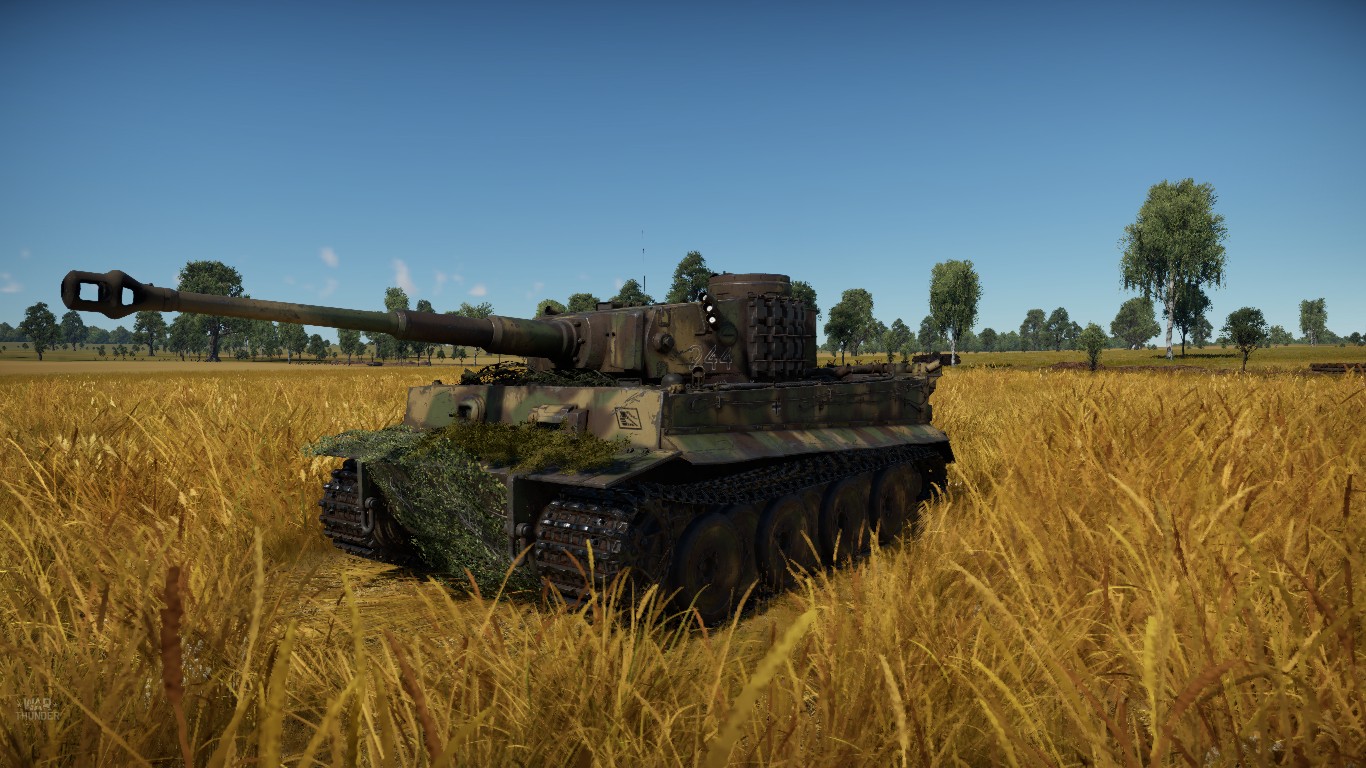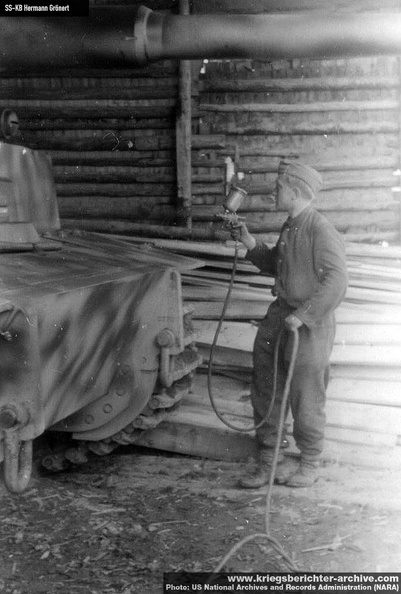Throughout the Polish–Soviet War, local dockworkers went on strike and refused to unload ammunition supplies for the Polish Army. While the ammunition was finally unloaded by British troops,[107] the incident led to the establishment of a permanent ammunition depot at the Westerplatte and the construction of a trade and naval port in Gdynia,[108] whose total exports and imports surpassed those of Danzig in May 1932.[109] In December 1925, the Council of the League of Nations agreed to the establishment of a Polish military guard of 88 men on the Westerplatte peninsula to protect the war material depot.[110][111]A kommunista melósok tagadták meg a kirakodást,mert Tuhacsevszkij csapatai 20 km-re voltak Varsótól. Legalább a nyamvadt angolok egy kicsit dolgoztak.
A raktárak 4 évre rá létesültek,mint fentebb leírtam. Semmilyen lengyel katonaság nem volt kirendelve.
A II. világháború (1939 - 1945)
- Téma indítója fip7
- Indítva
You are using an out of date browser. It may not display this or other websites correctly.
You should upgrade or use an alternative browser.
You should upgrade or use an alternative browser.
Egy 2003-ban írt Wiki cikk hitelessége sanszosan megkérdőjelezhető. Amikor valamit keresek,általában eredeti dokumentumokból dolgozom.Throughout the Polish–Soviet War, local dockworkers went on strike and refused to unload ammunition supplies for the Polish Army. While the ammunition was finally unloaded by British troops,[107] the incident led to the establishment of a permanent ammunition depot at the Westerplatte and the construction of a trade and naval port in Gdynia,[108] whose total exports and imports surpassed those of Danzig in May 1932.[109] In December 1925, the Council of the League of Nations agreed to the establishment of a Polish military guard of 88 men on the Westerplatte peninsula to protect the war material depot.[110][111]
Egy 2003-ban írt Wiki cikk hitelessége sanszosan megkérdőjelezhető. Amikor valamit keresek,általában eredeti dokumentumokból dolgozom.

Van 2. vh légvédelmi topikunk?
Nem tudom hová való ez,milyen távmérőket alkalmaznak a dolfiék.
Nem tudom hová való ez,milyen távmérőket alkalmaznak a dolfiék.
van hadtört. szekciónk és 2.vh.Van 2. vh légvédelmi topikunk?
Nem tudom hová való ez,milyen távmérőket alkalmaznak a dolfiék.
Egyetemes, a magyar hadtöriben meg magyar
A kolostor lerombolása az angolszász barbarizmus iskola példája volt.
Ugye tudod,hogy Gleiwitz ügyében csak egy 2751-PS jelzéssel ellátott dokumentumot nyújtottak be,ami állítólag Naujocks vallomása volt. Se személyes tanúskodás,se lehetőség a védelem általi kérdezésre. Igen komoly és megdönthetetlen.Mindjárt jön megint azzal, hogy Gleiwitz sem német false flag volt

Tom' már hallottuk.A kolostor lerombolása az angolszász barbarizmus iskola példája volt.
A videó viszont jó.
@reich_und_roll tudsz abban segíteni, hogy a lentiek -jellemzően- milyen camo-t használtak?
503. s.Pz.Btl.
504. -"-
507. -"-
653. s.Pz.Jg.Btl.
merci.
503. s.Pz.Btl.
504. -"-
507. -"-
653. s.Pz.Jg.Btl.
merci.
Kifejthetném 3 oldalon át, de a rövid válasz: frontoktól és évszaktól függően amilyen kedvük volt…@reich_und_roll tudsz abban segíteni, hogy a lentiek -jellemzően- milyen camo-t használtak?
503. s.Pz.Btl.
504. -"-
507. -"-
653. s.Pz.Jg.Btl.
merci.
Ez nem sokat segített, de azért köszKifejthetném 3 oldalon át, de a rövid válasz: frontoktól és évszaktól függően amilyen kedvük volt…

Akár lehetett. Viszkont a felső képen látható sárga sávot a csövön és benne a harckocsi számát viszont pl csak az 505-ösök használták. Rengeteg dolog befolyásolta a festéseket, pl személyes hóbortok is, mint ez a sárga sáv. Aztán a rendelkezésre álló festékek… kb annyi verzió volt amennyi csak lehetséges lehetett.lehetett akár ilyen is?


Aztmostmegmárhagyjálkorcsolyázni…
Akár lehetett. Viszkont a felső képen látható sárga sávot a csövön és benne a harckocsi számát viszont pl csak az 505-ösök használták. Rengeteg dolog befolyásolta a festéseket, pl személyes hóbortok is, mint ez a sárga sáv. Aztán a rendelkezésre álló festékek… kb annyi verzió volt amennyi csak lehetséges lehetett.
Aztmostmegmárhagyjálkorcsolyázni…

Sven Hassel: Monte Cassino
"Azon felül, hogy Hassel könyveit a történészek és katonai szakértők nem tekintik hiteles műnek, sok életszerű történet leírása található meg bennük. Ezen felül Hassel könyvei sok olvasóra mély benyomást tett és a háború egy új oldalát mutatta be." Rám is, amikor elolvastam.
Sok jót nem írnak az ipsérőlSven Hassel: Monte Cassino
"Azon felül, hogy Hassel könyveit a történészek és katonai szakértők nem tekintik hiteles műnek, sok életszerű történet leírása található meg bennük. Ezen felül Hassel könyvei sok olvasóra mély benyomást tett és a háború egy új oldalát mutatta be." Rám is, amikor elolvastam.
Attól még elég jók a könyvei.Sok jót nem írnak az ipséről



